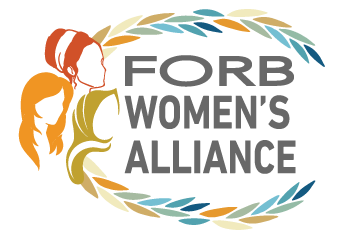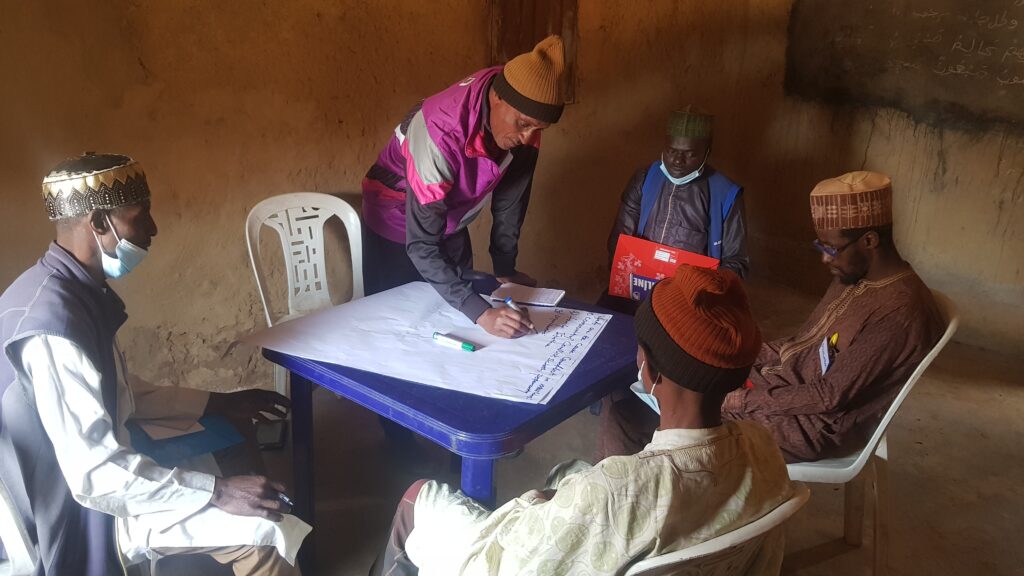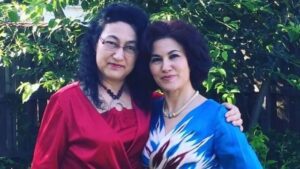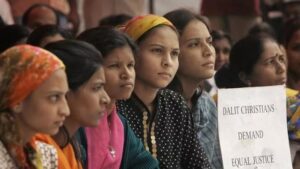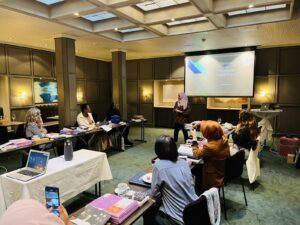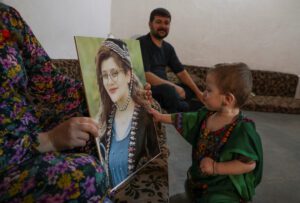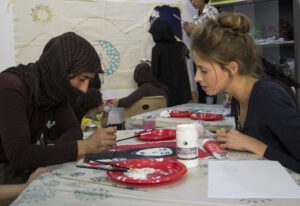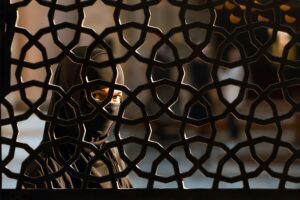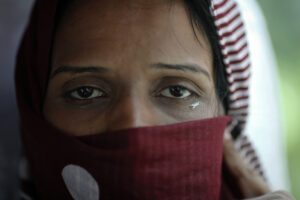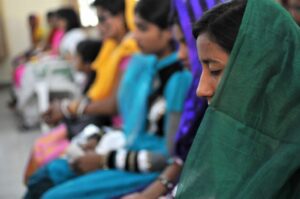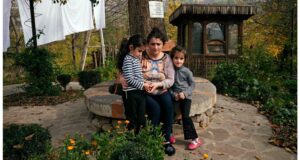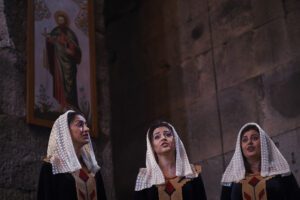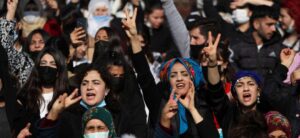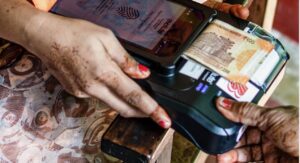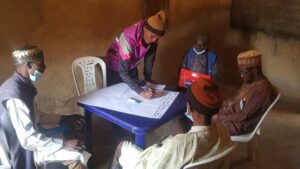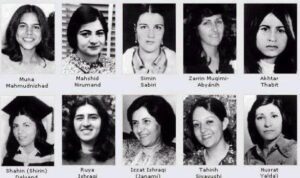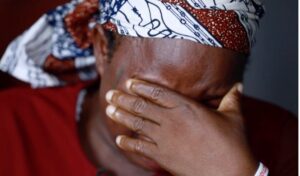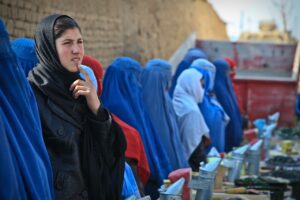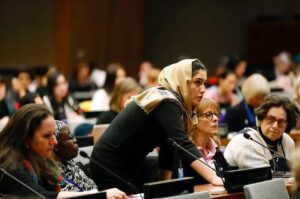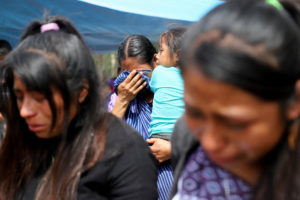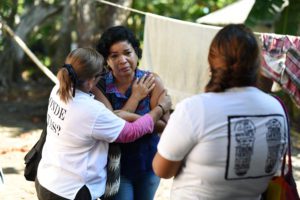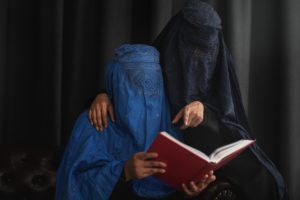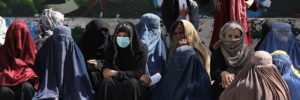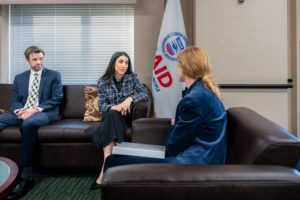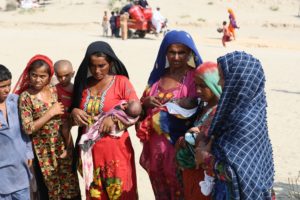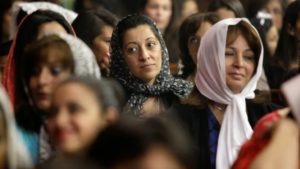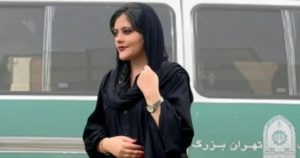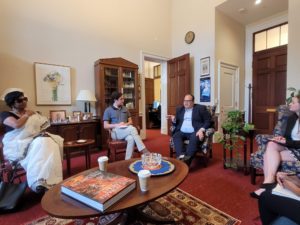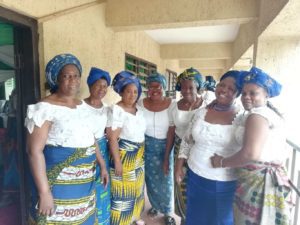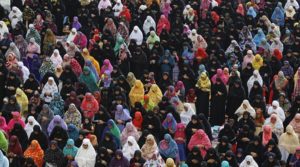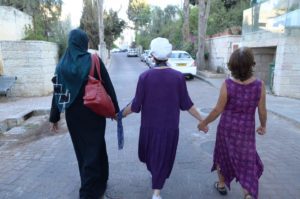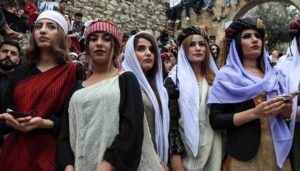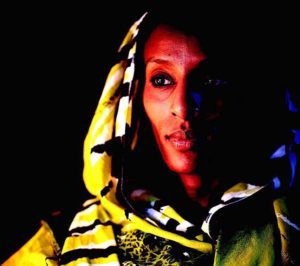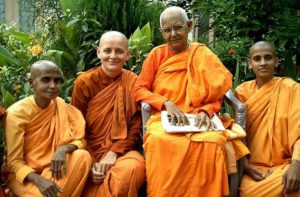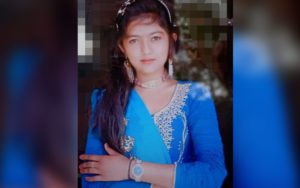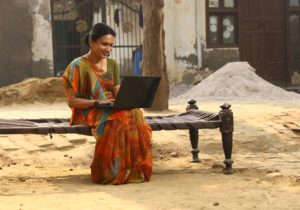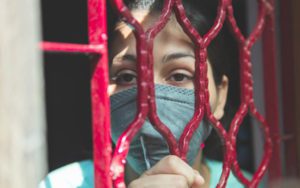Men dominate most positions of power in Nigeria. Conservative and patriarchal religious beliefs and practices in both Islam and Christianity, that often are more about culture than religion, normalize women assuming few, if any, positions of power and authority in the country. Religious leadership, including in religion, is firmly in men’s hands. Many Nigerians learn at an early age that man was created first, men are more rational and intelligent than women, women are temptresses and a “real man” exercises authority over his wife or wives and children.
Who is Imam Isa Dahiru? Imam Isa Dahiru is an advocate of gender equality and women rights in Nigeria who believes that “all men and women were created equally in God’s image and deserve to be treated with equal love, respect and dignity.” Imam Isa Dahiru did not always hold this belief. His transformation is the result of a process of which I am proud to have been part of as CEO of Peace Cord, a Nigerian non-profit that works to promote interfaith peace and provide relief to fragile communities. Peace Cord organizes resources to implement its programs through Interfaith-Peace Teams (IP-Teams).
An influential Islamic cleric in North-Central Nigeria, Imam Isa Dahiru had believed that it is religiously and culturally required that women and girls are obedient, respectful and submissive to men. His sermons and lifestyle as a religious leader reflected his belief in male dominance and superiority over women. His religious teachings and practices reinforced cultural norms and the “proper” power imbalance between men and women so that, as he stated, “It is the man who marries the woman so that she can give him family and take care of him as his helper. The man provides. The woman has the duty to raise the man’s children.” Men are the heads of households, responsible for meeting basic needs, such as food and shelter. A man also largely controls a woman’s religion or faith, and as she is inferior to her husband, she cannot own capital (e.g., landed property) and has no access to credit. Imam Isa Dahiru held these views for years.
How Did the Iman’s Beliefs Change? After much discussion, Imam Isa Dahiru reluctantly agreed to participate in a Peace Cord’s gender and peace building training program. As a result of this training, along with other capacity building forums and interfaith community-based engagements, he changed his mind-set and ideology. He was certified as a gender champion of his community and promoted messages of peace and positive masculinity at home and in his congregation and community. His sons and daughters also were trained and certified as gender champions and peace ambassadors. Imam Isa Dahiru no longer sees a problem with providing domestic support and entrusting his wife with leadership responsibilities. He currently coordinates his community’s intra-faith Muslim male youth groups’ dialogue sessions on positive masculinity and advocates for gender inclusion in his messages and teachings to his adherents.
What are Peace Cord’s Goals? Because of the high prevalence of many harmful practices in Nigeria, Peace Cord several years ago decided to prioritize initiatives that would reduce violations of the freedom of religion or belief (FoRB) and gender inequality. These harmful practices include: child marriage, deprivation of marriage and divorce rights, right to adoption, custody and guardianship, discrimination in education, employment and control of assets, enforced “sacred prostitution,” female genital mutilation, forced marriage, the absence of sexual and reproductive health rights, and women’s right to bodily integrity, agency and sexual autonomy.
Imam Isa Dahiru’s transformation is one of Peace Cord’s success stories as we work to promote and protect FoRB and peace building through our Transforming Masculinity, Faith and Peace programs across Nigeria. Peace Cord forms allies with men (especially traditional and religious leaders) to promote behavioral and attitudinal changes to transform men’s cultural ideologies about masculinity by supporting, strengthening, capacitating, dialoguing, networking, learning and engaging with them.
Such transformations have created safe spaces for women to advocate for gender inclusion and FoRB in their communities, including in Southern Kaduna state where Peace Cord worked with Christian women and young girls. Their voices had been silenced, with cultural and religious teachings and beliefs contributing to their marginalization and persecution. After participating in Peace Cord trainings, these women organized a woman’s forum and leadership structure through which they worked together, respecting each other despite their differences, and participated in governance, peace building and community development.
According to one of the Peace Cord training participants, “Poor relationships between women and other community members, especially traditional and religious leaders, disconnected and disunited community members leading to poor relationships, communication gaps and turning a deaf ear to women and young girls’ needs. Working together with transformed men as our best allies has amplified our voices and strengthened our advocacy agenda of promoting and protecting FoRB.
I am so amazed to lead a forum that is passionate and results-oriented in reconciling individuals, families and communities to live in peace and secure the future of our youths, especially women. So far, the fence of marginalization is fading away and borders are breaking off between Christians and Muslims.”
What are Peace Cord’s Key Strategies and Approaches? Peace Cord uses the TREM model to foster FoRB and peace building in Nigeria. Highlights of the approach include:
- Identifying and engaging success prone stakeholders for training – religious leaders, traditional leaders, women and girls, and men and boys;
- Training stakeholders to be gender champions and peace ambassadors;
- Setting-up of peer horizontal intra/interfaith forums and organizing community dialogues and consultations for trained stakeholders;
- Conducting community dialogues and psycho-social consultative meetings on positive masculinity and developing action plans; and
- Holding periodic review sessions and setting new goals to transform harmful cultural and religious beliefs and practices surrounding masculinity.
What is the Way Forward? Peace Cord seeks to:
- Develop global exchange programs between CSOs and relevant government agencies to share local initiatives and approaches that work, including the TREM Model Initiative;
- Seek funding for FoRB and peace building initiatives for CSOs to work with relevant government agencies; and
- Strengthening the capacities of women at the international level to champion advocacy on issues of state and national interests.
Peace Cord’s initiatives face increasing challenges, but are vitally necessary given the high level of insecurity in Nigeria and the increasing number of FoRB violations that largely target women across religious, ethnic, socio-political and economic lines. We undertake this important work despite our staff and volunteers being vulnerable to being attacked and kidnapped. We have no choice, nor does Nigeria.
To find out more about our work, please visit Facebook and LinkedIn.
Ameh Kenneth Seidu is the CEO of Olive Centre for Peace and Relief Aid Initiative (Peace Cord), a not-for-profit, non-partisan organisation established to promote interfaith peace, protect multi-religious action for FoRB, peace building and human rights and provide relief aid to fragile communities where the need is greatest in Nigeria.
Disclaimer: The views and opinions expressed in this article are those of the authors and do not necessarily reflect the official policy or position of FoRB Women’s Alliance.
